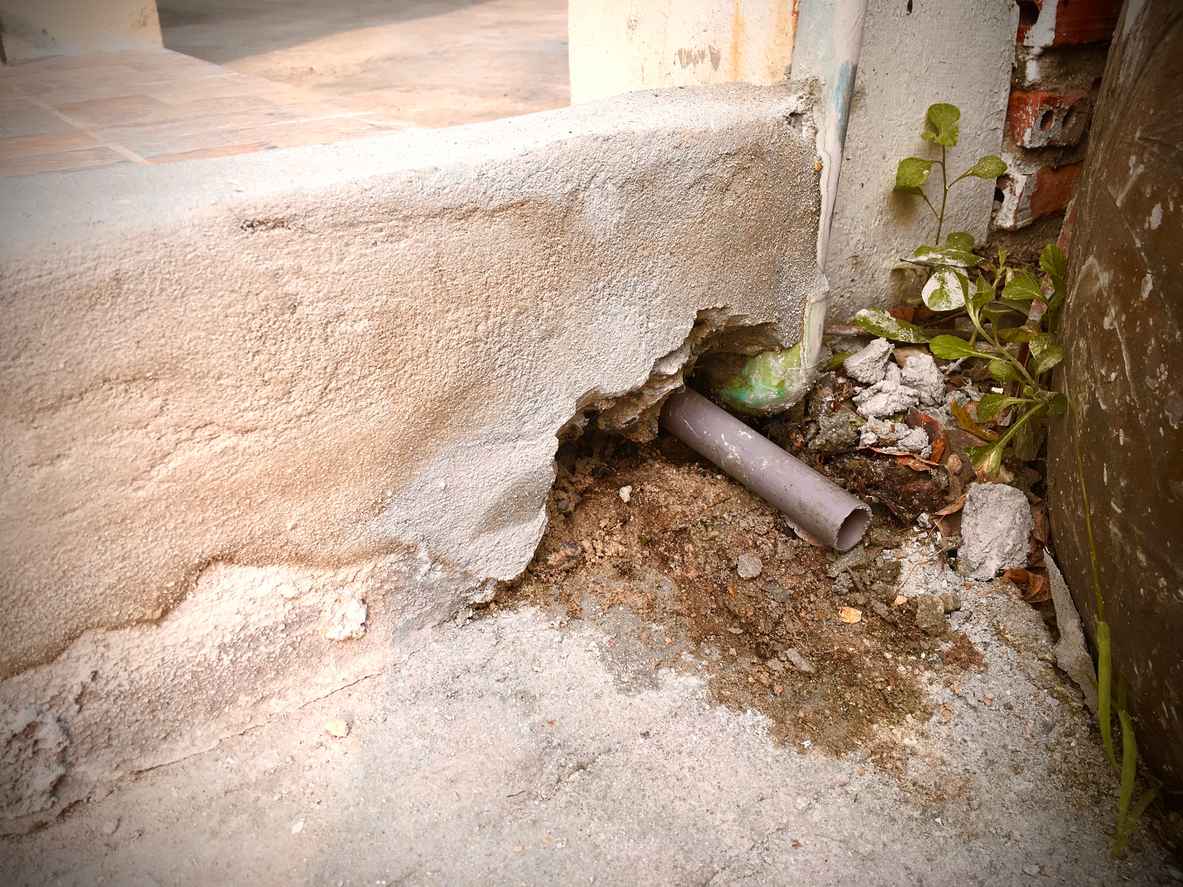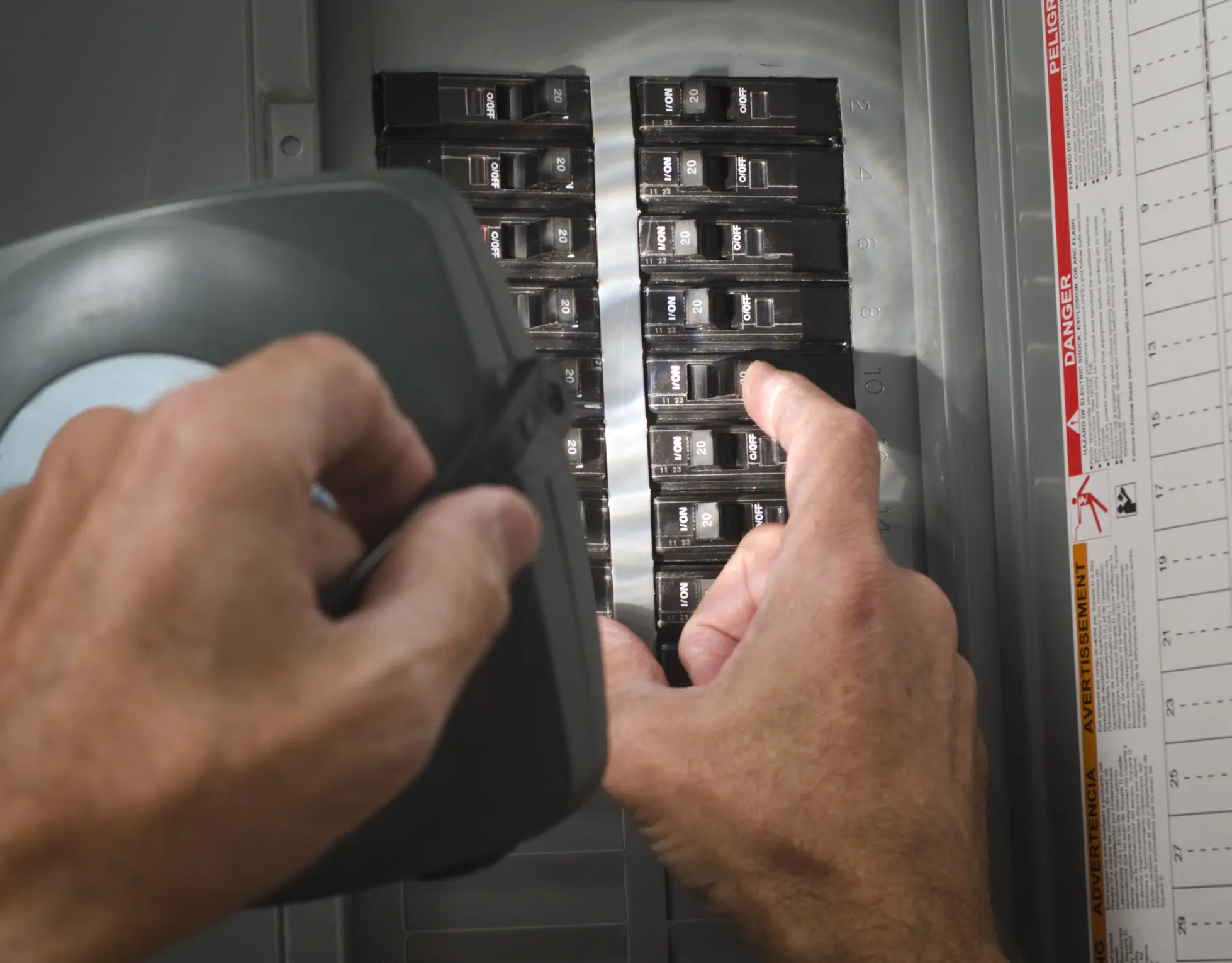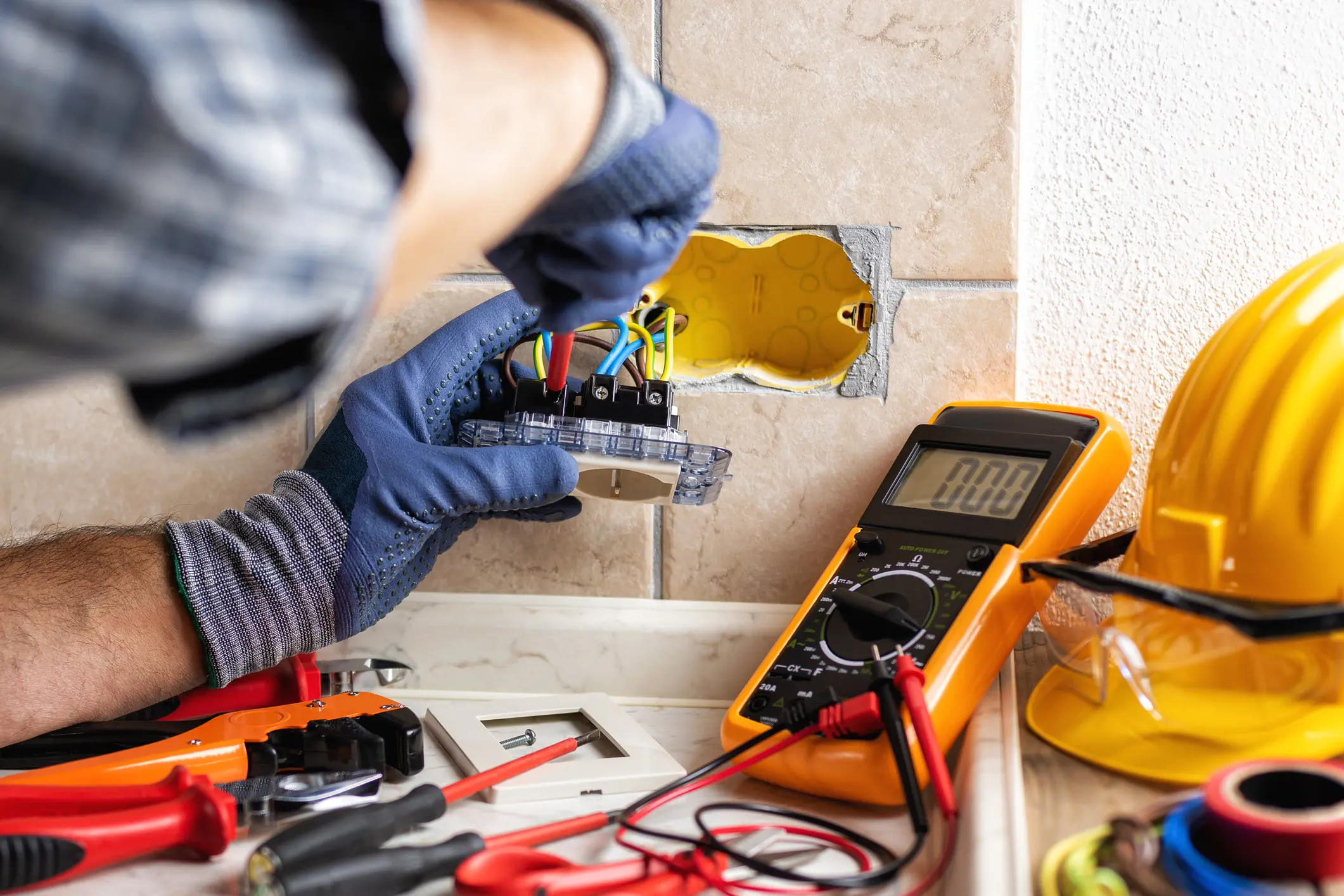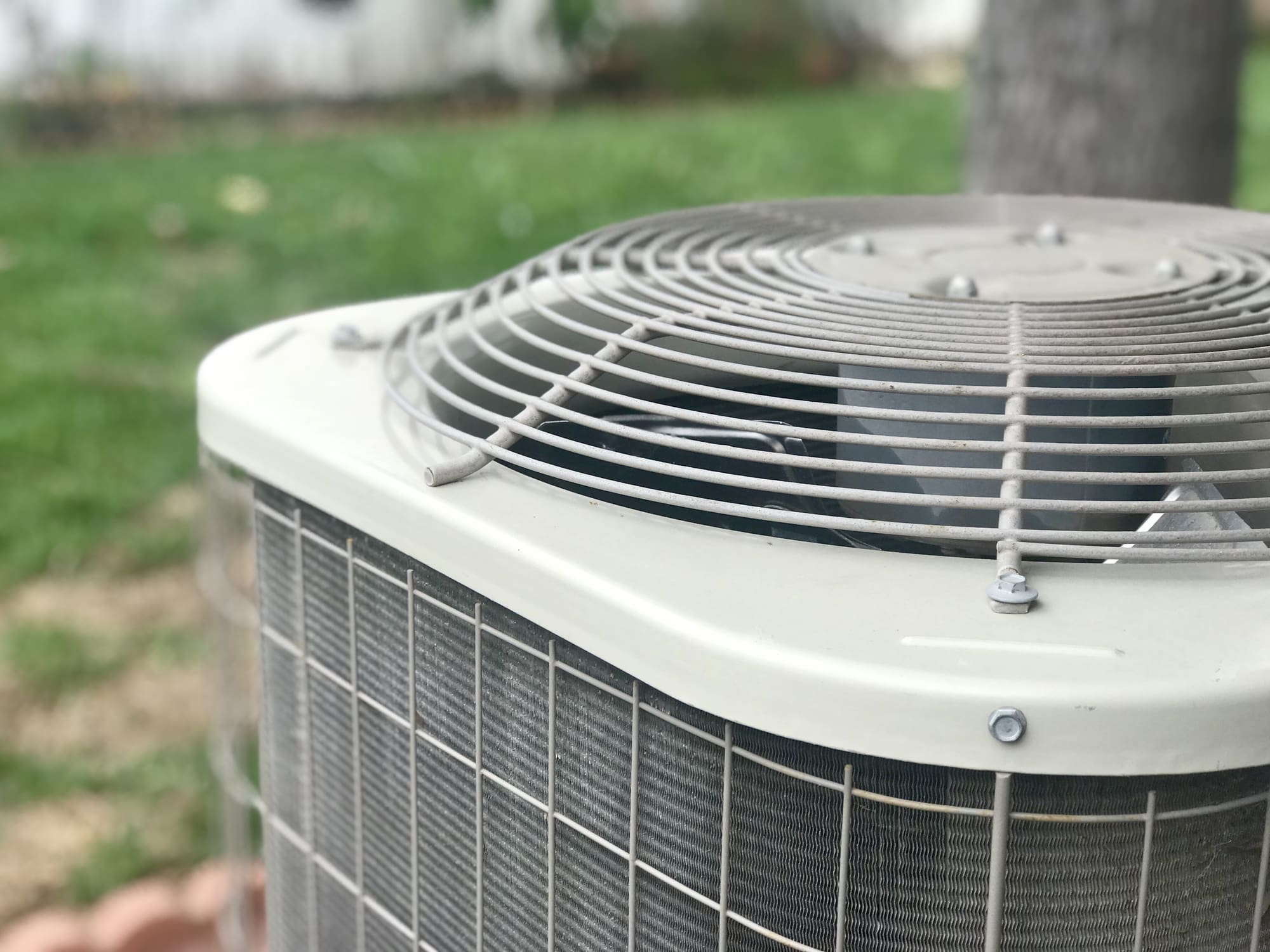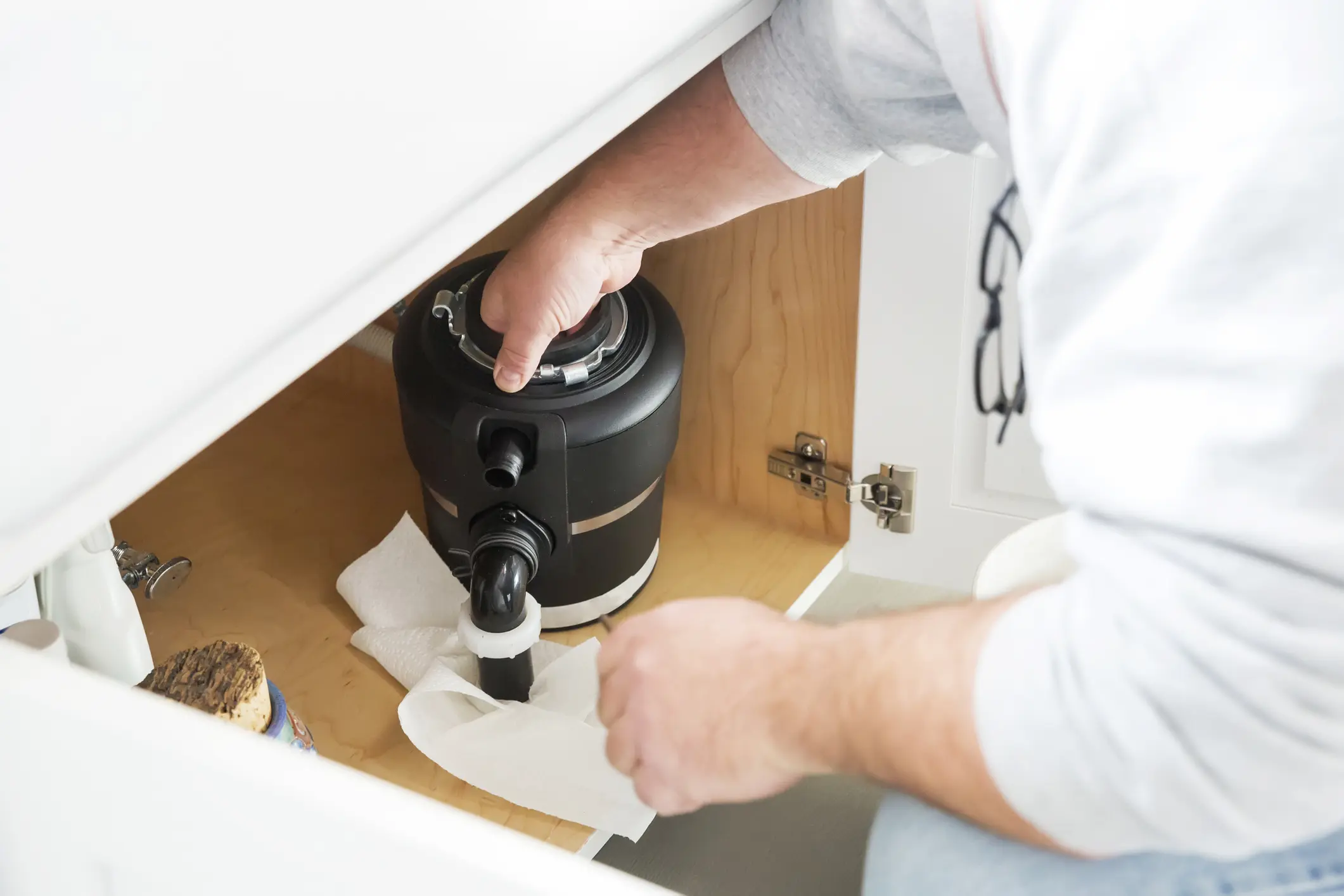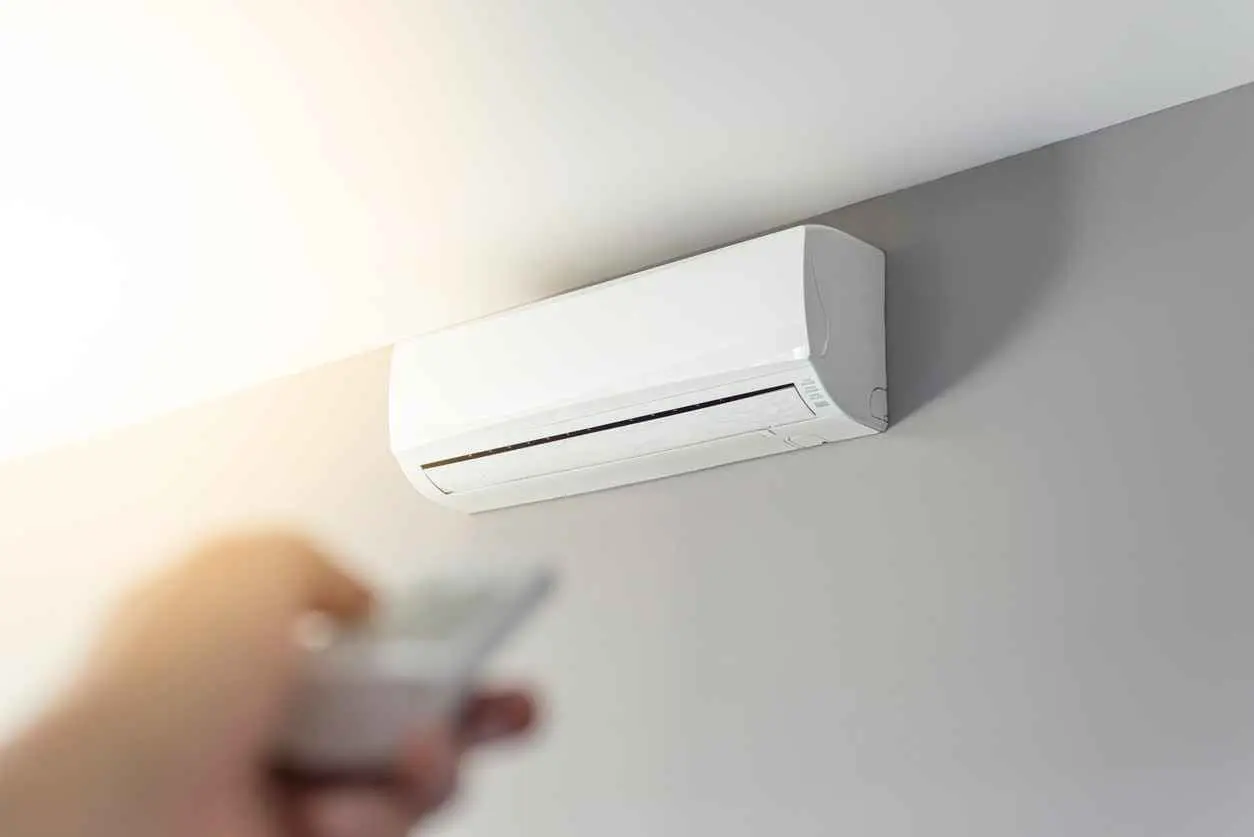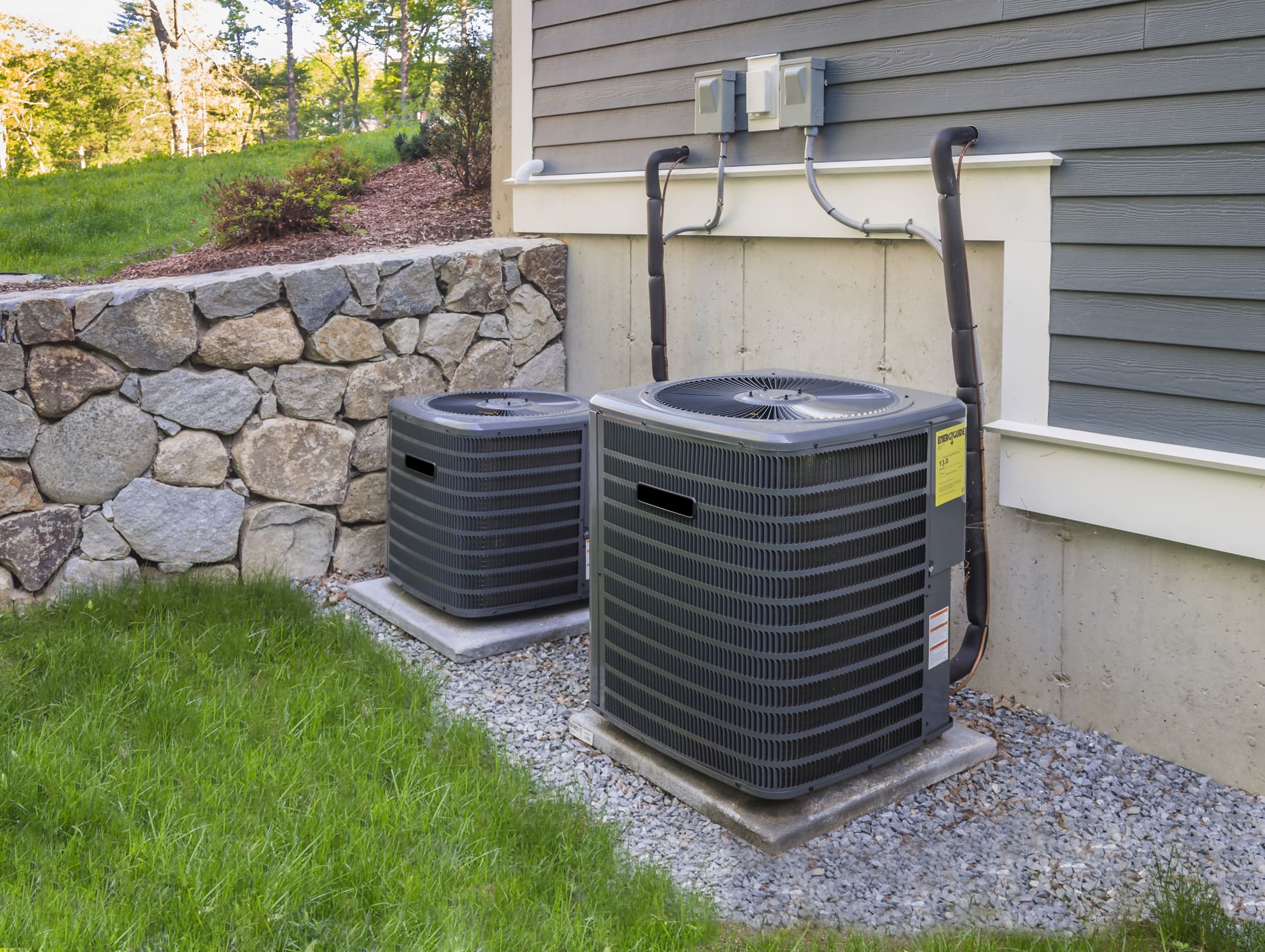Back to Blog
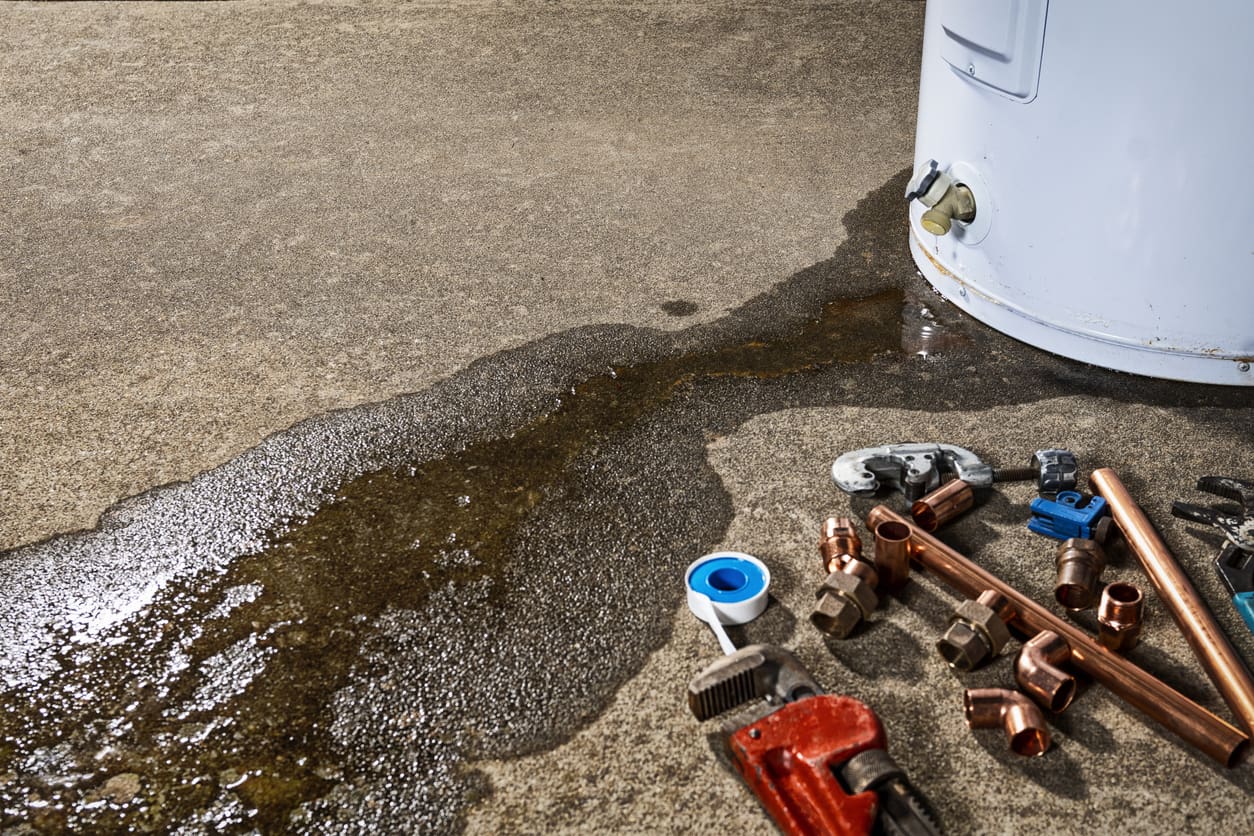
Is a Leaking Water Heater Dangerous?
When it comes to household appliances, few are as essential yet overlooked as the water heater. It’s a crucial component of our daily comfort, providing hot water for showers, dishes, and laundry. However, what happens when you notice your water heater leaking? Is it just a minor inconvenience, or could it be a sign of something more serious? Let’s explore the dangers associated with a leaking water heater, the risks of water leaking from the top, whether it constitutes an emergency, and the symptoms of a water heater leak.
The Dangers of a Leaking Water Heater
At first glance, a leaking water heater might not seem like a major issue. However, even a small leak can escalate into a significant problem if not addressed promptly. The immediate risks include water damage to your home’s floors, walls, and foundation. Over time, persistent moisture can lead to mold and mildew growth, which pose health risks to your family.
Moreover, a leak might indicate more serious internal issues with your water heater, such as corrosion or a failing pressure relief valve. These problems can not only reduce the efficiency and lifespan of your unit but also present safety hazards, including the risk of water scalding or, in severe cases, the tank bursting.
Water Heater Leaking from Top: A Dangerous Sign?
A water heater leaking from the top might indicate issues with the inlet and outlet connections, the pressure relief valve, or the tank itself. While leaks from the top might seem less threatening than those at the bottom, they can lead to significant damage if water seeps into the heater’s electrical components, leading to short circuits and potential fire hazards. Therefore, a leak from the top should be taken seriously and addressed immediately.
Is a Leaking Water Heater an Emergency?
The short answer is, it can be. If you notice a significant leak, especially if it’s from the top or involving a steady stream of water, it’s best to treat it as an emergency. A large leak can quickly flood your home, leading to extensive property damage and potentially dangerous electrical issues. Additionally, if the leak is related to the pressure relief valve, it could indicate that your water heater is operating under unsafe pressure levels, posing an explosion risk.
Recognizing Water Heater Leak Symptoms
Identifying a leak early can be the key to preventing a minor issue from becoming a disaster. Here are some symptoms to watch for:
- Moisture or pooled water around the base of your water heater: This is the most obvious sign of a leak and should be investigated immediately.
- Rust or corrosion on the water heater tank or connections: These could indicate a slow leak and the potential for a larger break.
- Unusual noises from the tank: Sounds like cracking or popping could signify boiling water inside the tank due to overheating or sediment buildup, which could lead to leaks.
- A drop in water temperature or pressure: This could suggest a leak somewhere in the system, affecting the heater’s ability to function properly.
Conclusion
A leaking water heater is not just a nuisance; it can be a danger to your home and family. Whether it’s a slow drip or a sudden stream of water, leaks demand immediate attention to prevent potential flooding, damage, and health hazards. If you suspect your water heater is leaking, it’s essential to act quickly—turn off the power and water supply to the unit and call a professional for an assessment.
Don’t wait for a minor leak to escalate into a major emergency. If you’re experiencing any of the symptoms mentioned above or have concerns about your water heater’s condition, contact Lickety-Split. Our team of experts is ready to provide fast, efficient service to ensure your water heater is safe and in optimal working condition. Protect your home and your peace of mind by scheduling your service today.

Home Services You Can Trust
When solving problems in your home, you want the people you trust most to be on the job.
Click to Call

